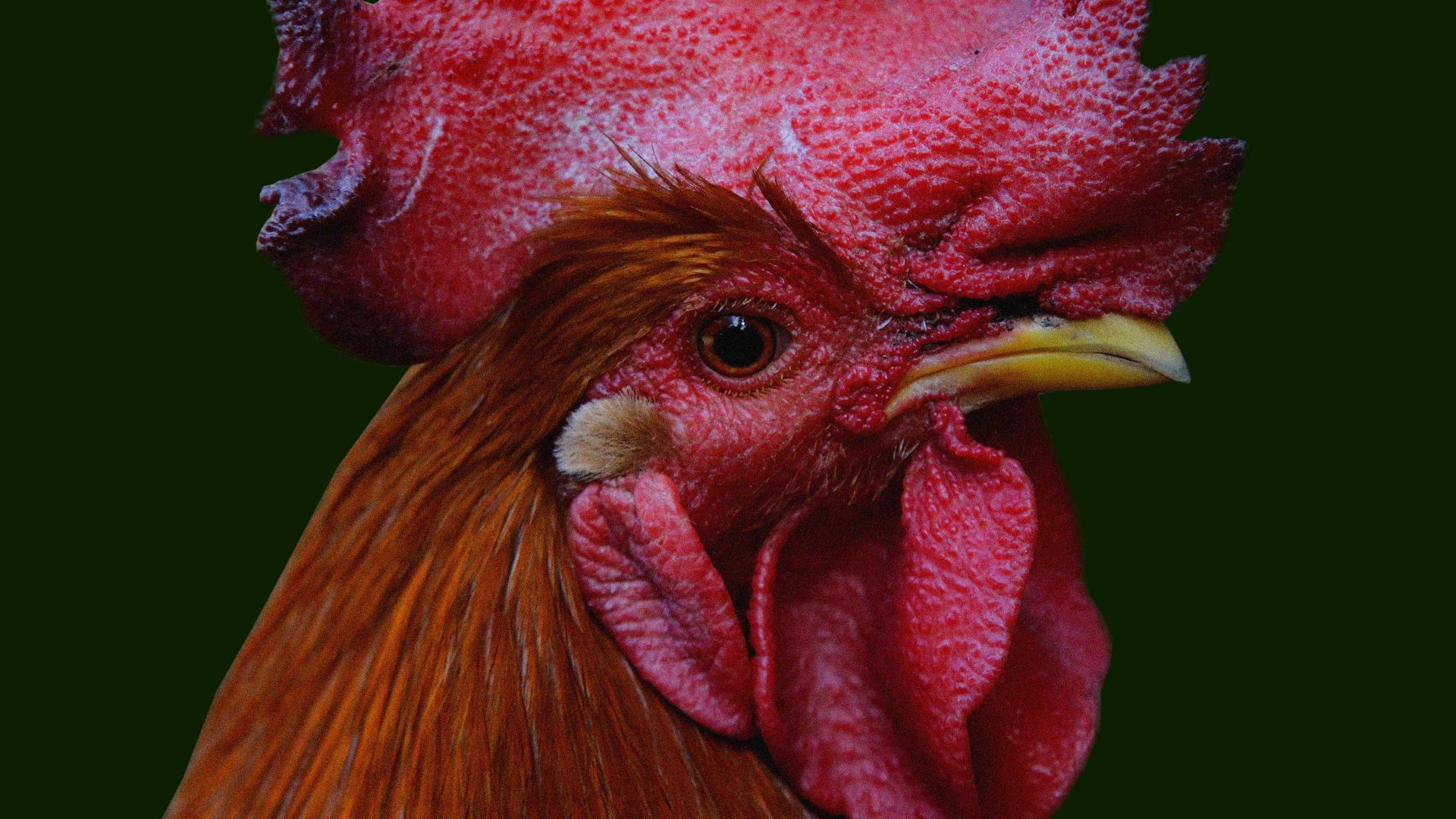We are a nation of animal lovers. As the West Ham footballer Kurt Zouma, who was videoed kicking a cat, and Sarah Moulds who was seen punching her horse, found out, we hate cruelty to animals. We don’t readily forgive those who dish it out, particularly when the victims are cats, dogs, or horses.
Nevertheless, animal welfare doesn’t seem high on this government’s agenda. There is a real risk that post-Brexit imports could include food products from countries with far lower standards of animal care than our own. The drive to sign trade deals may trump widespread public concern about how animals are treated in farming and elsewhere. Proposed minimum welfare standards seem to have been abandoned for a strategy that treats welfare as something worth considering in free trade agreements, but not a deal-breaker. This is disturbing.
The Australian philosopher Peter Singer kickstarted the animal welfare movement with his book Animal Liberation in 1975. He revealed the extent of cruelty in widely used methods of animal production, and presented arguments for veganism – even including a recipe for dahl in the book. Singer is a utilitarian, in a tradition stemming from Jeremy Bentham’s ethics that aims to maximise the balance of pleasure over pain. Animals’ pleasures and pains are included in the calculation and other things being equal we should aim to minimise their pain. Bentham, writing in the late 18th century, was ahead of his day in making animals’ interests relevant to moral philosophy. He was explicit that the relevant capacity was not their level of intelligence, but their capacity to feel pain. As he put it, “The question is not ‘can they reason?’ Nor ‘can they talk?’ but, ‘can they suffer?’”
In contrast, Immanuel Kant thought that we have indirect duties to animals, that what makes cruelty to animals wrong is that it typically leads to cruelty to human beings. For thinkers in the utilitarian tradition, though, reducing animal suffering is morally important because it matters to the animals themselves. Their pain counts for something. If animals are reared humanely and killed painlessly, then that is far better than if they suffer, whether or not that affects humans’ tendency to harm one another.
Real progress has been made since 1975, with many of the crueller practices outlawed, and welfare protections in place.
But, despite this, factory farming continues here, with animals often kept in cramped, noisy conditions, and free-range eggs still having to be labelled as such in supermarkets because eggs produced to lower standards of animal welfare are still on sale beside them.
If well-informed, as consumers we decide on the level of cruelty we are prepared to tolerate in our food production. The best way not to be implicated in animal cruelty is to adopt a vegan diet (while recognising that animals are harmed in horticulture), though many people would rather not admit that to themselves.
But there is a group of philosophers who take an even stronger line on the treatment of animals than Peter Singer with his advocacy for veganism. Their position is not so widely known. These are the abolitionists. They think that it is always wrong to use animals, wrong even to have pets. Thinkers such as Gary Francione in the US draw an analogy with slavery. Improving the welfare of farmed animals, in their view, is like devoting energy to improving the living conditions of slaves. The point for them is that slavery needs to abolished everywhere, not made a little bit more comfortable for slaves. Likewise, any use of animals, particularly using them as food, is beyond the pale for abolitionists, no matter how humanely they are treated.
Abolitionism is a step too far for many of us who don’t accept that analogy with slavery. And you don’t have to be travelling with Peter Singer on the road to veganism to recognise that a world with less animal suffering in it would be better than the present one.
The important question for anyone who has no qualms about eating meat, though, is how much animal suffering they are prepared to accept in its production. There will inevitably be some suffering. But the fact that most of us won’t witness this makes self-deception easy. As food prices rise many will be tempted to buy cheaper meat, and to be less scrupulous about where it has come from. Yet cheaper meat has almost always been produced at a higher cost to the animals. If we care about animals, we should care about this.



